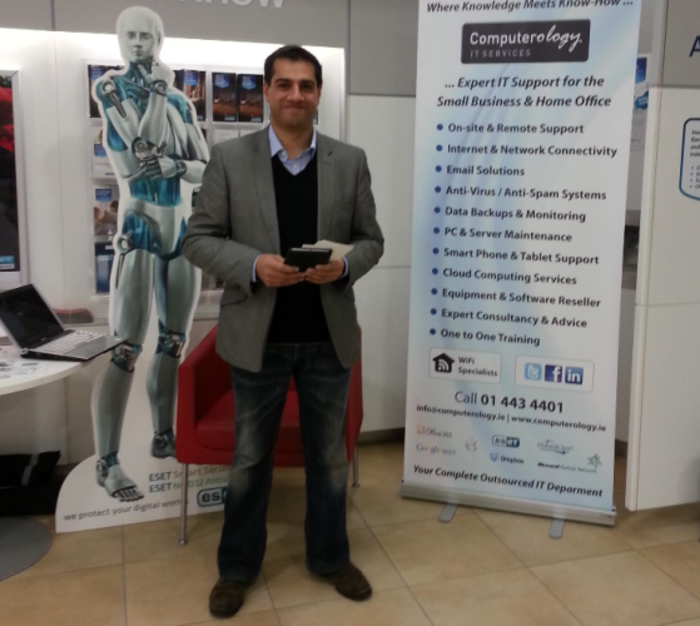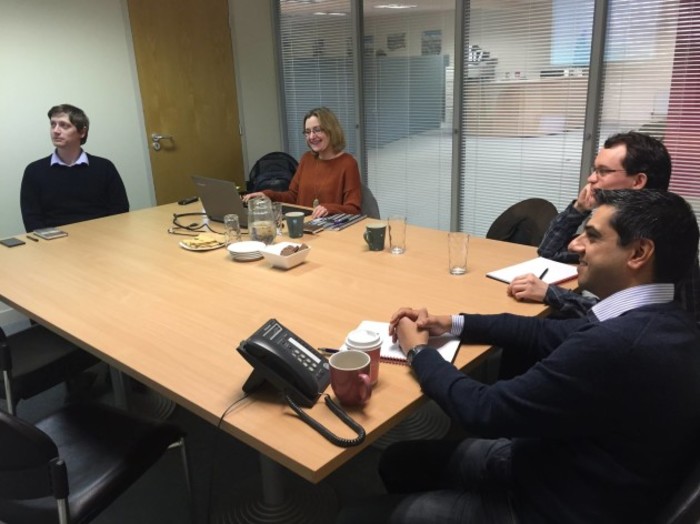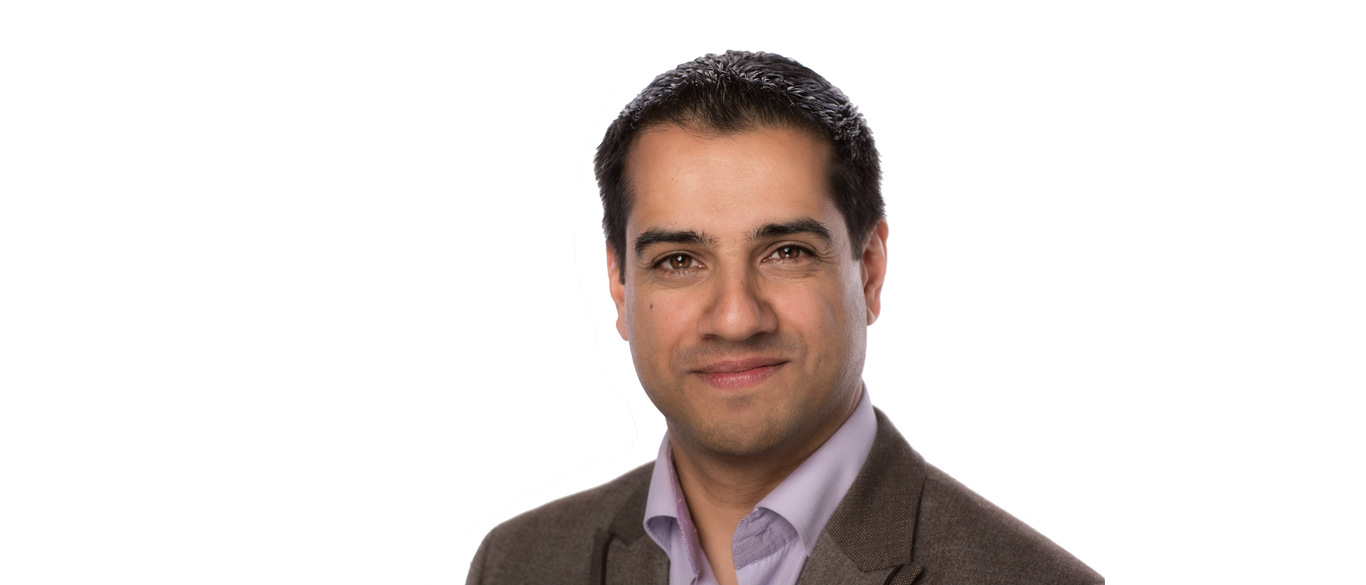'In Ireland, your CV doesn't matter - personal connections are the most important thing'
This IT professional had to build a new network of contacts from scratch when he moved from the UK.
WHEN I FIRST moved to Ireland from my native London in 2004, I had very few contacts. After working in corporates in the UK for many years, it meant I had to start fresh.
I was working in logistics up until then and, after starting out in IT support, had made my way up to being IT director for all of Europe for a large American company – but I felt I had gotten as high as I could go.
When I came to Ireland, I found it was quite a different market to what I was used to in the UK. Over here, it is mostly about who you know.
That’s the case to a degree in the UK as well. But, from my experience, the difference I found here was it didn’t matter what you had on your CV or what your qualifications were – your personal connections were the most important thing.
So for me to come from a well-connected corporate background, it was tough. I didn’t have the network of people around me – especially business people – and that was a bit of a roadblock.
However, at the same time, it was a fresh start and almost like starting out in business again.
 Raj Gosal
Raj Gosal
Network from scratch
I ended up doing contract IT services support work for various companies to try and get into the market here.
Some opportunities came along that would have led me back into working for a big international corporate, but I had done those senior manager positions, and – while I enjoyed them – I wanted a new challenge.
A lot of the companies I was doing contract work with were in the construction space, and back in the mid-2000s it was a great time to be in the sector.
I didn’t have definite plans to set up a business when I came to Ireland at first. It really came about through circumstance and from seeing opportunities when I was working with construction clients. That led me to setting up my own business, Computerology, providing IT services and support.
I drew on those initial few contacts in construction to start off at first but also built up my client base through voluntary work I did.
When I moved over to Ireland, I joined the Ranelagh Arts Festival, and I became part of the core group that started that off. I got some good connections there and one of the founders of the group is now a key client of ours.
So things like that can be really great to be involved in because, as a small business, you can give back to the local community and also generate some leads.
Even though construction activity dwindled to nearly nothing a few years after I founded Computerology, I just saw that as another opportunity. It freed up a lot of my time to start pursuing other sectors, and we now have clients such as legal firms, recruitment companies, and PR and marketing agencies.
We still look after quite a few NGOs also, and they’re very positive customers to have because I’ve found working with them just leads to more and more referrals.
Of course, you can’t be in a position to give out your services for free to charities all the time. So it’s really about finding a balance. You’ve got to make sure you have enough money to support the business at the end of the day – especially when you are just starting up.
It may require that you put extra time in at the weekend or the evenings on less profitable or pro-bono work, but I would recommend that because referrals count for a lot in Ireland.
Tapping into business networks and startup organisations is also another great place to start. I still try to network as much as possible today, and to attend events held by the various business groups in Dublin – they’re often free and there are hundreds of them on.

Differences
Apart from building up a network when I moved over from the UK, I had to quickly learn other lessons about how business is done in Ireland. I realised the business environment can be a lot more informal and less rigid here.
Also, the small degree of separation in Irish business was also quite an eye-opener. Since Dublin and Ireland are so compact, I realised I could easily find the same person in lots of different circles.
They could be at different events I was attending or, when working with other clients, they could turn up in an organisation other than their own because they sat on the board of different companies.
In a way, I quite liked that. It enabled me to grow Computerology because, when you’re a referrals business, it gets your name out there – especially in the SME sector. It’s easy to be recommended when you’re known in many circles.
That’s where most of our work has been so far, in the SME space, and striking deals with some small businesses helped us get out of startup mode quite quickly.
Once you’ve got to that place where you’re not a startup anymore and the whole thing is running relatively smoothly, that’s a nice moment. You don’t quite relax, but it gives you a certain level of comfort and security.
It was really important to get to a stage where we could be selective with clients. That’s one of the reasons this business works and why I enjoy it.
It might sound strange, but we carefully vet our clients and like to work with people who respect their vendors and suppliers. If I have that trust in a client and they have trust in me, I know there will be very few issues in getting projects approved, because they know we use best-practice and work to our best standards.
It’s important as a small, early stage business to be selective about who you work with, because it cuts out a lot of stress down the line. This approach has seen us end some relationships with clients and those are difficult moments to deal with.
It’s nice to be at a stage now where we have good processes in place to take on new customers, but I don’t want to reach a point where we have so many clients that we can’t maintain a very personal service.
Raj Gosal is the founder of Computerology. This article was written in conversation with Killian Woods as part of a series on unlikely entrepreneurs.
If you want to share your opinion, advice or story, email opinion@fora.ie.






